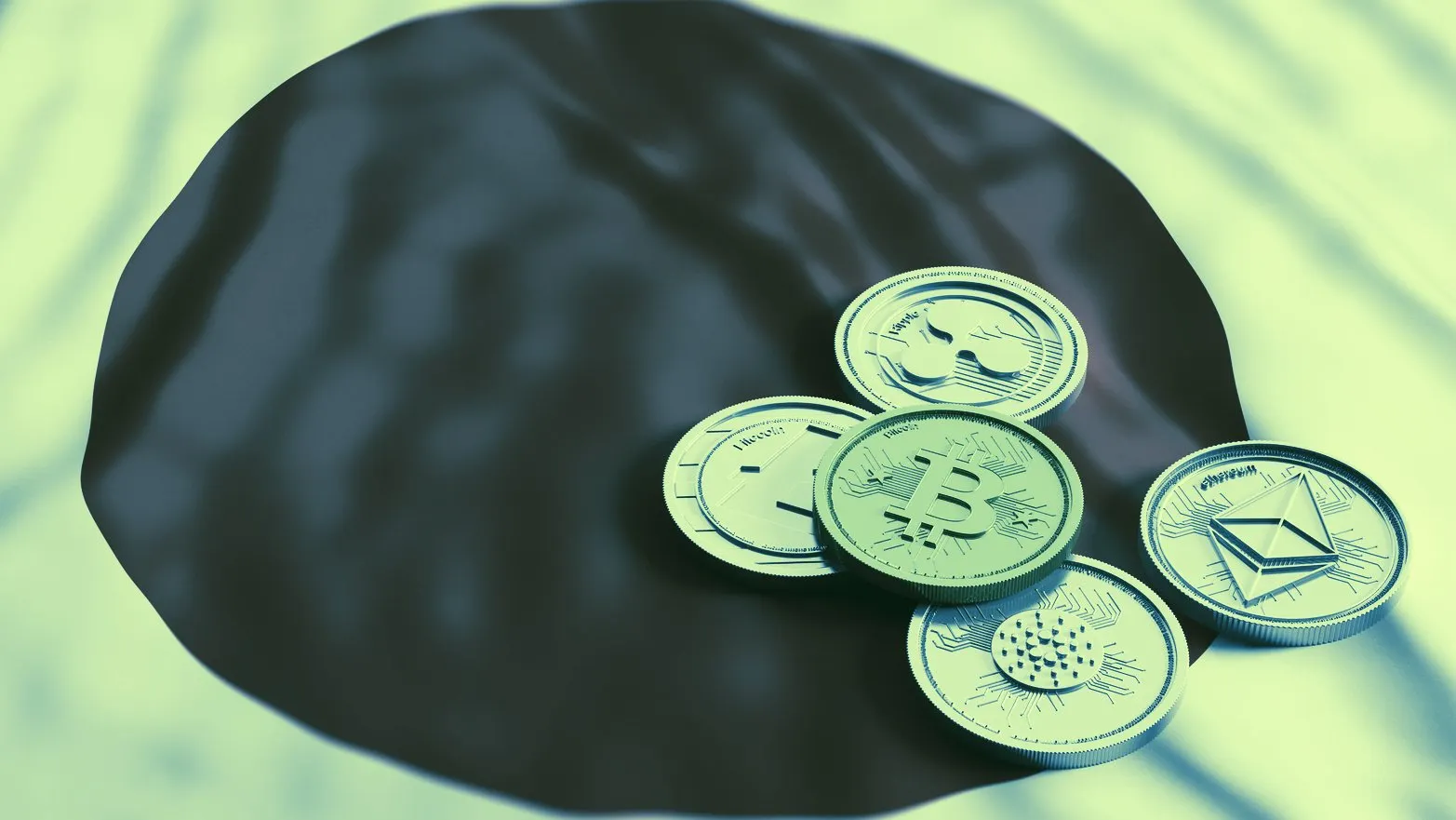In an interview with Bloomberg on Thursday, Bank of Japan Governor Haruhiko Kuroda said that the vast majority of Bitcoin trading is “speculative and volatility is extraordinarily high.”
Recent price movements add weight to Kuroda’s claim. Bitcoin has fallen by 8% in the past day to $36,187 and by 11.31% in the past week, according to data from Nomics.
Much of the crash from all-time highs of about $64,000 in April was triggered by a single tweet from Tesla and SpaceX CEO Elon Musk, who said on May 12 that his electric car company would no longer accept Bitcoin as payments, citing environmental concerns.
Tesla & Bitcoin pic.twitter.com/YSswJmVZhP
— Elon Musk (@elonmusk) May 12, 2021
The rest of the damage came from China, when three national payments associations warned against speculative Bitcoin trading early last week. A few days later, the country’s financial committee, overseen by the State Council, added Bitcoin mining to a laundry list of financial risks that it would monitor. This was the first time such a high-ranking office spoke out on the sector.
After citing its volatility, Kuroda dismissed Bitcoin as “barely used as a means of settlement.”
Bitcoin advocates have long given up hopes of Bitcoin becoming a means of payment settlement—either for buying everyday goods and services, or for financial institutions settling cross-border trades. Bitcoin is too expensive and slow to be convenient.
Instead, BTC proponents regard the leading crypto as a store of value, much like gold. Other coins, such as XRP, Litecoin and Bitcoin Cash are designed with payments in mind; lower fees and quicker settlement times make them more attractive.
Kuroda’s final criticism against Bitcoin is that it is backed by thin air. He contrasted Bitcoin with stablecoins—cryptocurrencies pegged to a specific asset, often the U.S. dollar. Each USDC, for instance, is reportedly backed up by real dollars, and USDT (Tether) is backed up by 76% of cash and nebulous “cash equivalents.”
Kuroda added that stablecoins need to adhere to regulatory standards to become a convenient means of payments.
Japan is studying whether it should issue its own digital yen. Last month, it kicked off the first phase of a year-long study to determine whether a central bank digital currency is the right way to go. Most countries are doing the same, although only a few have issued them. Japan lags behind China, which is currently piloting its own digital yuan.

